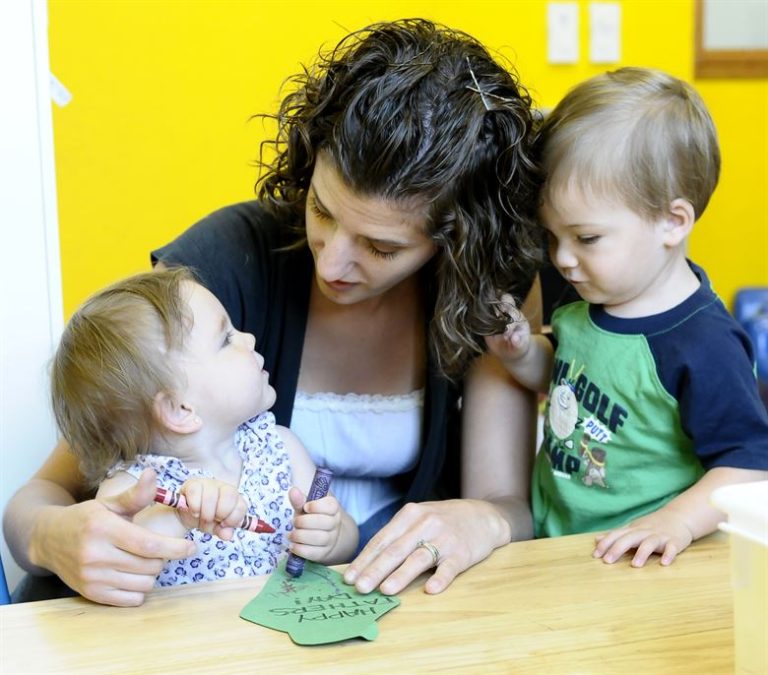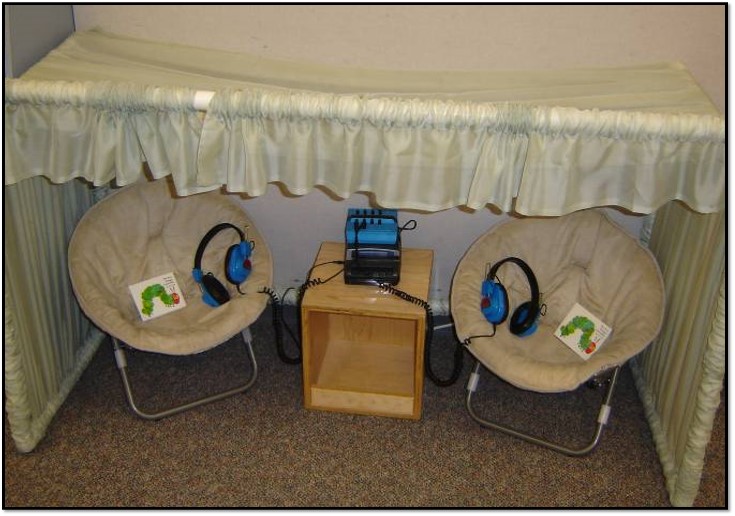What is my best advice for challenging behaviors?
Check out my newest feature, the 5-Minute Professor, in which I answer questions about teaching and parenting young children.
Read the transcript or watch the full video below!
Hi. I’m Dr. Jenni Jacobs, Founder of The Learning Professor. Welcome to the 5-Minute Professor where I answer your questions about early childhood. One of the questions that I’m often asked is, “what’s a quick tip that I can implement to help children behave better or to help them get through difficult times or misbehaviors?’ And my quick answer to that is to show empathy. When we tap into children’s feelings, it has a truly magical effect. And it’s not just children. It’s really any person that is going through a rough time. So an example of this: If you have a young child who is playing on the computer and you tell them that their time is over and they start to throw a temper tantrum, we often want to talk to the child about appropriate behavior. But the thing is, when a child is having a struggle like that, they’re not in the thinking part of their brain. They are in their primitive brain, and all they can think about is their own feelings. When we tap into that part of the brain and we help the child process those feelings, it enables the child to grow back up into their thinking brain and know what the right choice is. We just have to wait for a little bit for them to get there. So to help them grow back up into that thinking part of their brain, we want to talk to them about what they’re feeling. Now, I know sometimes it’s hard to put yourself in their shoes because their struggles seem so little compared to what our struggles are. But remember how young they are and that for them, this is a real issue and a real struggle. So what are they feeling in that moment that they wanted to keep playing on the computer and they couldn’t? Tap into that feeling, whatever you think it might be. You might say something like, “Wow, it looks like you are having a really hard time giving up the computer. You were really having fun with that. It’s hard to give it up when you still want to keep playing it, isn’t it?” And let the child talk about their feeling. Or you might say something like, “you’re really angry that you have to give up your turn on the computer. You really want to stay there.” Just talk about their feelings, and what I like to say is sit in the feeling for a little bit. Help the child process it, let them know that their feelings are ok, it’s alright to feel that way. And when the child’s feelings start to dissipate or go away, now you can talk about the rules of the classroom. Then you can say, “When your time is up, I can help you find something else to do” or you can give them a choice or whatever your next strategy might be. One of the problems I find with a lot of discipline programs is that they talk about this kind of thing and they say to talk about the child’s feelings and acknowledge the feeling and then state the limit. Well the problem with that is that when you state the limit immediately after talking about the feeling, it just negates the whole thing. It’s kind of like somebody saying to you, “Oh, you look really good in those jeans, but you still need to lose 20 pounds.” That second statement makes the first statement completely null and void. I don’t even care that you just told me I look good because all I’m focusing on is the last part of the statement and what I need to do instead. And that’s a lot of times how it is with children. You say something like “I know you’re having a really hard time leaving the computer and you wish you could stay, but the rule in the classroom is that you get 20 minutes and then it’s someone else’s turn.” Well all they’re hearing now is the rule, and they don’t feel acknowledged at all in their feelings. So we need to sit with the feeling, just talk about the feeling, until they’ve processed it and then move on to whatever the classroom limit is. You’ll find when use this strategy it works amazingly well, and it’s really going to feel like magic in your classroom. For more tips and tricks, check out my website www.learningprofessor.com And try to influence someone’s life today in the most positive way that you can!







